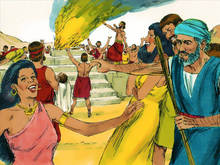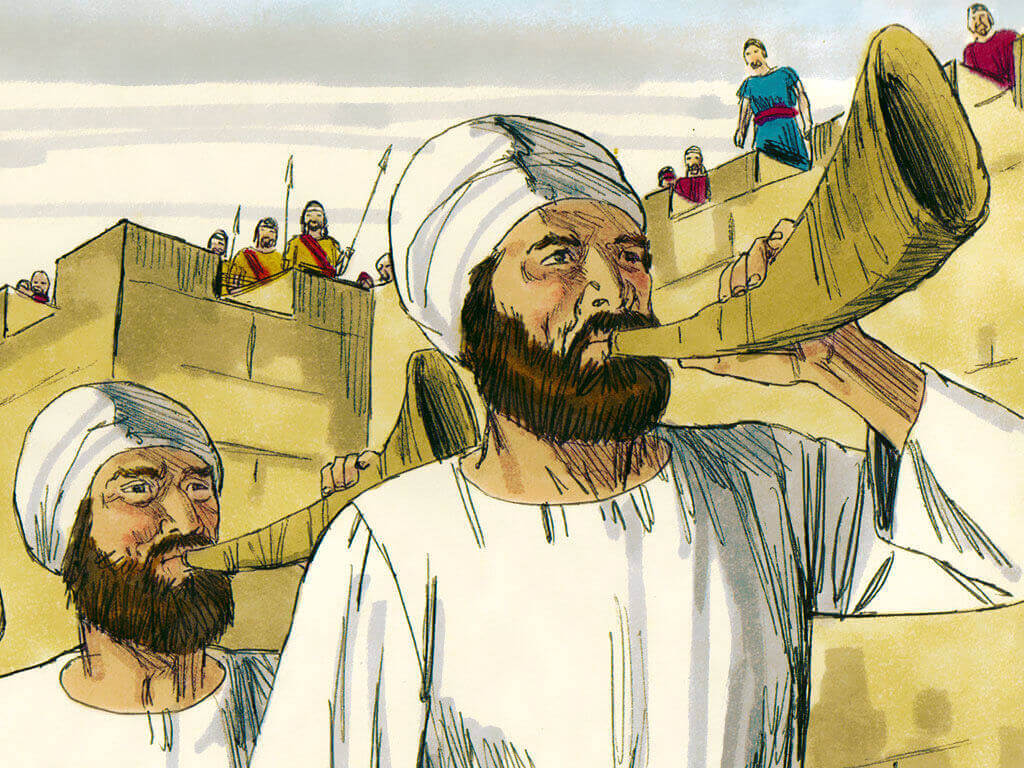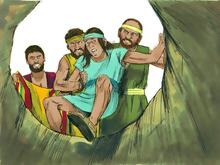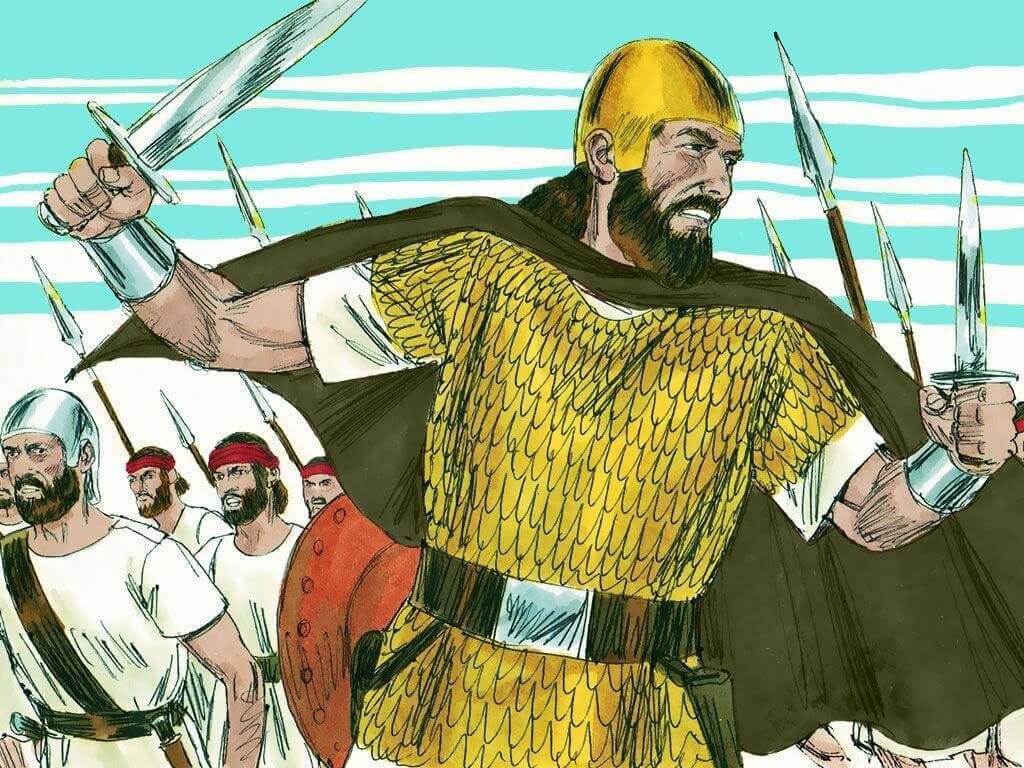Habakkuk’s Questions – Prayer and Violence
By Mark Morgan | Jeremiah , Minor prophets

Habakkuk’s questions (Complaints!)
One of Habakkuk’s questions was a simple question we might often have asked ourselves: did God listen to his prayers? But that wasn’t the end if it. Would God answer him? And did Habakkuk want to hear the answers anyway? You see, Habakkuk’s questions weren’t just questions, they were more like complaints.
Habakkuk’s first complaint to God
2 “O Lord, how long shall I cry for help,
and you will not hear?
Or cry to you “Violence!”
and you will not save?
3 Why do you make me see iniquity,
and why do you idly look at wrong?
Destruction and violence are before me;
strife and contention arise.
4 So the law is paralyzed,
and justice never goes forth.
For the wicked surround the righteous;
so justice goes forth perverted.”
Habakkuk 1:2-4









